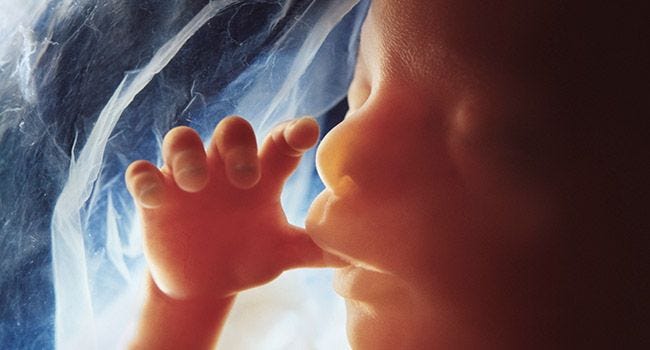After Dobbs: Towards a Federal Ban on Abortion
By Joshua Craddock
At long last, Roe v. Wade’s fifty-year reign of terror has ended.
Dobbs v. Jackson Women’s Health Organization is the most important Supreme Court decision of our lifetimes—for its correction of an egregious constitutional error, yes, but much more importantly, for the countless human lives that may now be rescued from the butcher’s knife.
But Dobbs doe…




